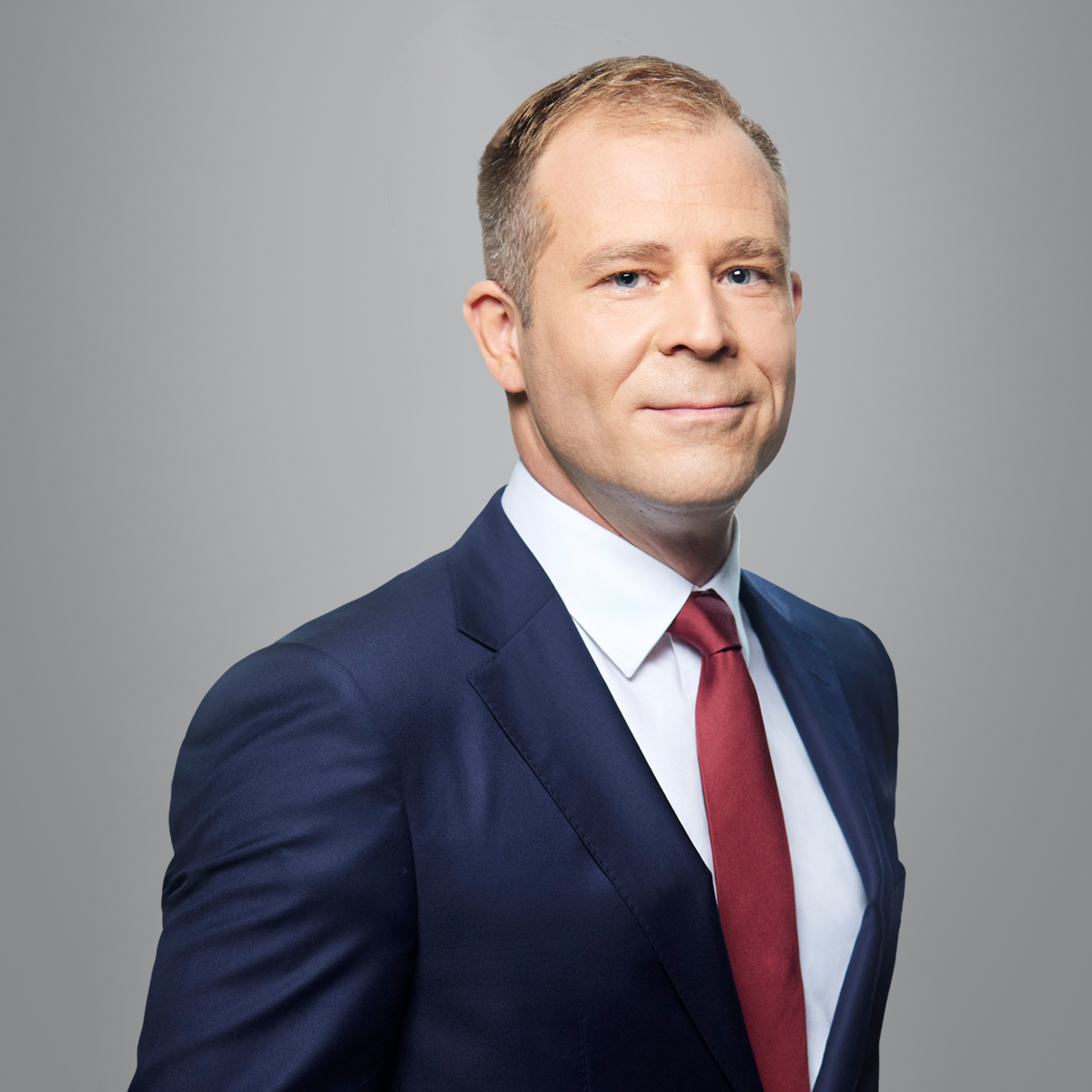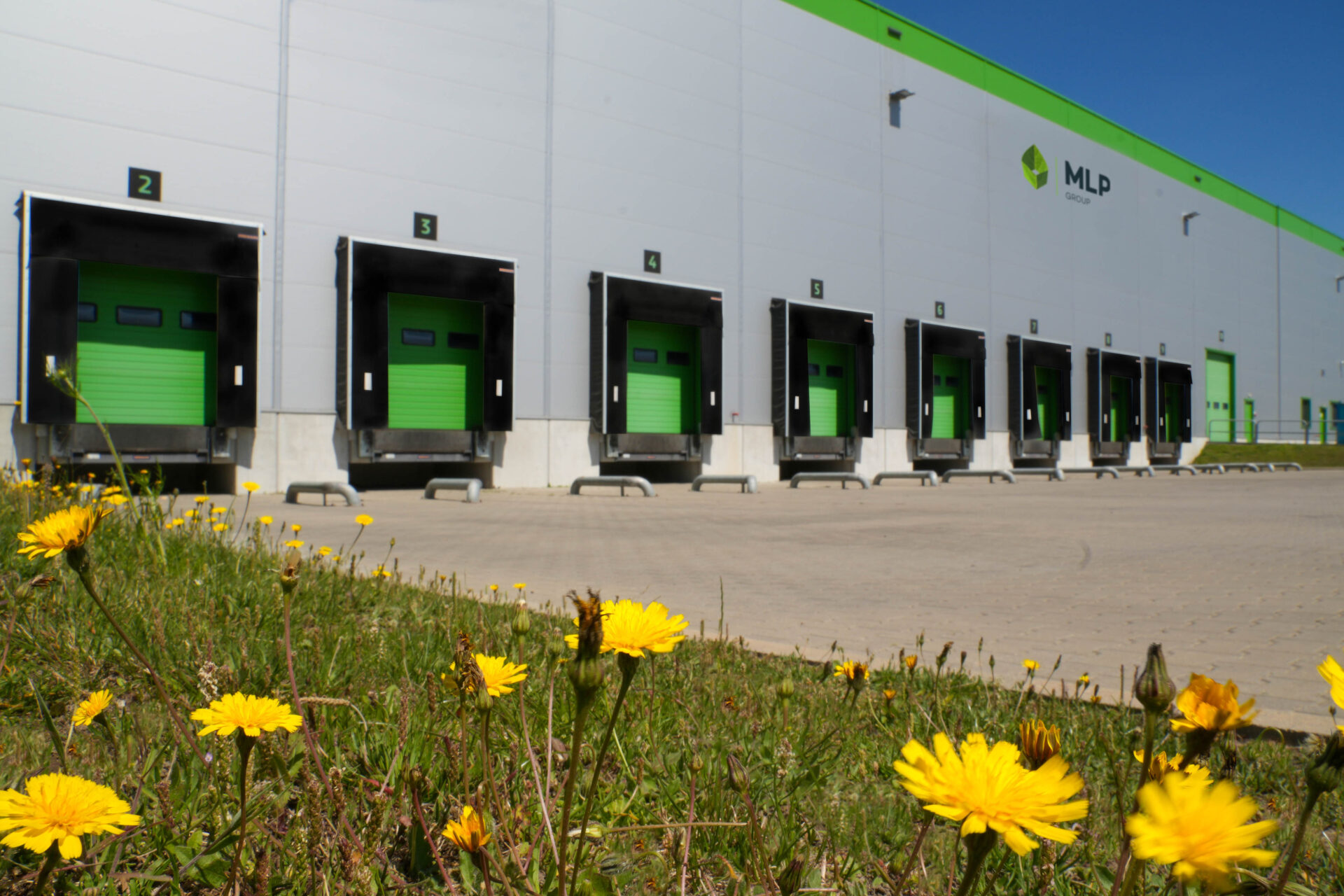Right next to the Kępno bypass, along the S11 road, Harden Construction is implementing an investment for the WERSAL Furniture Factory. A production and warehouse building with an area of nearly 15,000 sqm is being built in Jankowy near Kępno. The investment is planned for completion by the end of July 2024.
“The facility is located between factories. This means that we have little space to carry out construction work. This requires us to coordinate the work appropriately so as not to disrupt the operation of the active furniture factory where construction works are underway. At the same time, the building will be connected to the existing factory. This is a big coordination challenge, requiring us to adapt to the investor’s requirements regarding the maintenance of operational facilities. Additional equipment for the production part of the facility will include overhead cranes with a large span of over 30 m and a connector with the existing hall. This means that the construction of the building must be made with the greatest possible precision and care,” says Paweł Fiuczek, Managing Director at Harden Construction.
The facility in Kępno will be as energy-intensive as possible. The building will also feature solutions that reduce the building’s energy consumption. Mineral wool will be used to insulate the roof and walls, which allows for better insulation and, as a result, reduces heat loss. All building materials used have a low heat transfer coefficient. In addition, the design of an industrial facility includes the installation of photovoltaic panels on the roof. These types of solutions are especially important in the era of global warming and the energy crisis.
“More and more companies aim to make their buildings as emission-free as possible by investing in the best quality materials that significantly reduce heat loss and in photovoltaic panels that reduce electricity consumption. It’s the same this time. The investor chose materials with a low heat transfer coefficient, which is beneficial not only from the economic perspective but also from the perspective of caring for the climate. All this allows us to reduce both economic and environmental costs,” comments Paweł Fiuczek.
However, these are not the only pro-ecological solutions. Construction materials from local suppliers will be used in the construction of the facility. Thanks to this, the facility’s carbon footprint is reduced and at the same time, local businesses are supported, which also benefit from the investment.







